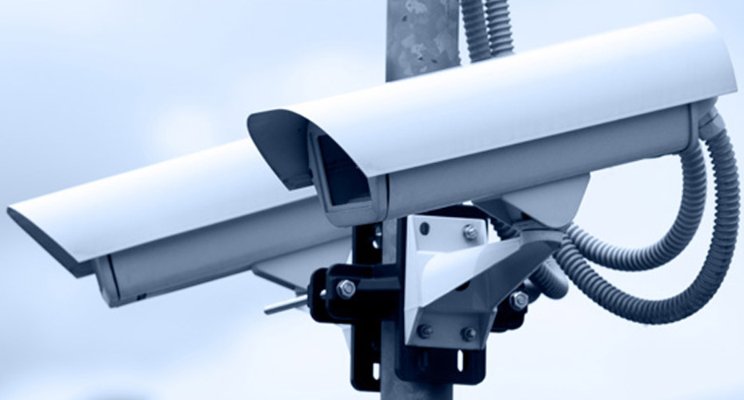
Pursuant to the provisions of Italian Legislative Decree 151/2015 that partly modified the provisions outlined by the Workers’ Statute with regard to audiovisual equipment and control instruments, the case law of the Corte di Cassazione (Italian Supreme Court) has expressly recognized that the employer may carry out the so-called “defensive” monitoring freely. That is, without necessarily having to preventively proceed to take the specific administrative/trade union steps provided by Article 4 of the Workers’ Statute.
The disputed and uncertain case law that had developed in the last forty years seems now outdated. The old case law considered any monitoring carried out by the company as an illicit interference by the employer in the fundamental rights that safeguard the employee, not distinguishing between the purposes and the means used by the employer to carry out such monitoring.
In fact, based on the above legislative amendment, the most recent case law has considered legitimate the use of investigations of a defensive nature that are aimed at ascertaining possible detrimental conducts by the employee, even outside the business environment, which may be considered fair reason or just cause for dismissal.
Therefore, the employer has the possibility of hiring external private investigators in order to safeguard his interests, the only limit being the impossibility of straying to a generalized surveillance on the actual working activity, since such surveillance is exclusively up to the employer.
The Corte di Cassazione’s judgement no. 9749/16, concerning the employee’s dismissal due to improper use of paid leave pursuant to article 33, Law 5 February 1992, no. 104 underlined that the monitoring entrusted to an investigation agency that is directly aimed at ascertaining a known illegitimate behaviour does not pertain to the verification of the fulfillment of the work performed, and in any case the employer’s action would be justified also “due to the suspect or mere possibility that the wrong was being carried out ( Cassation. 3590/11)”.
The recent ruling no. 10636/17 of the Italian Supreme Court considered legitimate also the dismissal of an employee who ‒ thanks to a system of hidden video cameras installed by the investigation agency entrusted by the employer ‒ was caught stealing products from the supermarket’s storage room where he was working. The Court did not consider the video cameras in conflict with the provision of article 4 of the Workers’ Statute, since they were de facto video cameras installed in the storage room which were operated by an external company and were aimed at ascertaining behaviours different from the mere performance of work.
Furthermore, it will be possible to use an external investigation agency to ascertain the existence and truthfulness of an illness declared by the employee, even if there are regular certificates attesting it.
However, the employer does not have indiscriminate freedom. Before he intends to proceed with the so-called “defensive monitoring” he must always verify the presence of the abovementioned requirements.
(Labour Law Department – Marcello Giordani – 0039 (0)2 39680538)








